Many Different Uses of Hemp

Many Different Uses of Hemp
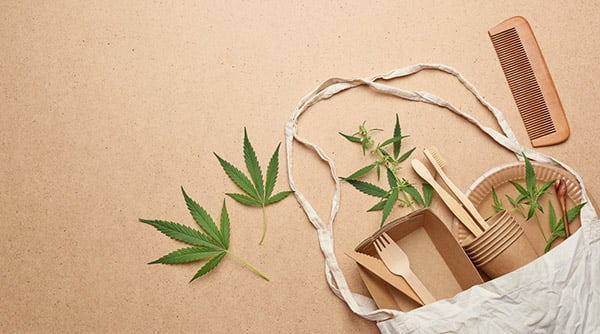
Thomas Jefferson and George Washington were both big into hemp.
Both of these founding fathers of America cultivated hemp. The plant was grown in Virginia as early as 1607. Still, there was little interest in producing it because it had meager economic value. The Virginia Legislative Assembly enacted laws in 1619 that required every farmer in the colony to grow marijuana to increase production.
An urban myth is that the Declaration of Independence was written on hemp paper; it was actually written on parchment.
However, the first drafts were likely written on hemp paper. The founding fathers wanted to get the wording right, and there would have been dozens of drafts before they were happy with the framing of the language. As hemp paper was cheap in the day, it is very likely these drats were written on it. It was like the post-it-note of its time.
The first American flag made by Betsy Ross was made from hemp. Hemp is an all-American plant, its cultivation and use were a driving part of the American economy, and its history and application are closely tied to the history of the United States.
Industrial hemp is a versatile crop. It can be used to make paper, textiles, fuel, food, ropes, and plastics. But due to its association with its psychoactive cousin, cannabis, this once mighty crop was banned and outlawed in the US for many years.
The inclusion of hemp in the 2014 and later 2018 farm bills legalized hemp production as an agricultural commodity and removed it from the list of controlled substances.
This reopened the industrial production of this wonder crop and can be a game-changer for the US agriculture sector.
So, how useful is hemp?
Biofuels
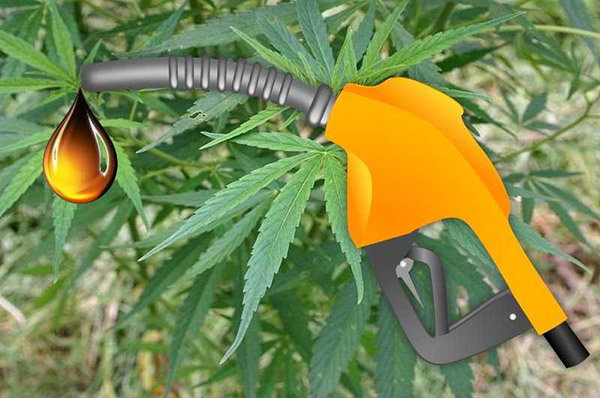
In 1941, long before biofuel stations became a niche market for hippies, Henry Ford, an American industrialist, produced a car whose engine could run on hemp fuel. Hamp can be used to make bioethanol and biodiesel. While some studies have played down biofuels as a solution to climate change, hemp biofuels are more environmentally friendly to produce than sugar beets, palm oil, or corn. In addition, industrial hemp is grown in any temperate to hot climate, and it leaves the soil in better condition than it was when it was produced (hemp plants help put nitrogen back into the ground). Hemp is a cheap alternative to oil and an alternative-fuel crop that can take money away from oil and gas companies.
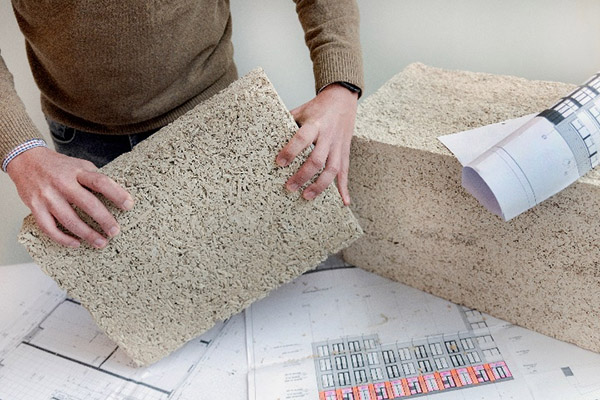
Hemp can be made into building materials that create healthy zero-carbon buildings and reduce dependence on expensive resources.
When mixed with lime-based adhesives, the woody cores of industrial hemp plants can be made into wood-framed panels that provide a strong barrier to heat loss and are resistant to fire, mold, and decay.
Building materials such as stucco, fiberboard, carpets, cement blocks, and insulation can also be made from hemp. While the use of natural materials such as hemp and straw has been declining for years, these plant-based building materials are seeing a resurgence in popularity due to awareness of renewable energy and climate change.
Hempcrete or hemp-lime is a biocomposite material. It's a mixture of hemp shives and lime, sand, or pozzolans. These can be made into interlocking bricks or poured like concrete around a wood frame. While not as strong as concrete, this building material has a high shear factor, so it's ideal in earthquake zones. It works as a carbon sink, is more resistant to moisture, and is a strong insulator. It can also drastically reduce build times.
Fabric
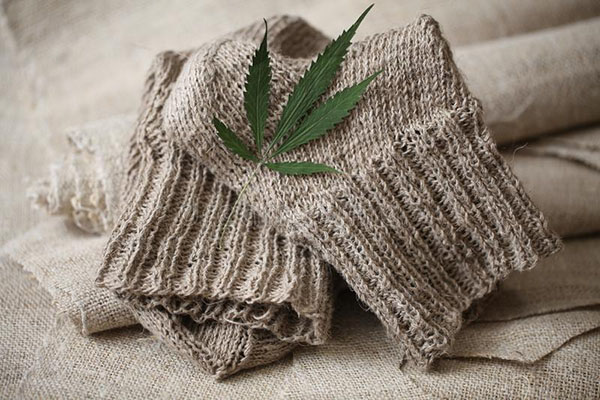
There is a high price to the world for the cheap cloths industry, which is harming the plant with pollutants and operates in sweatshops. The clothing industry sees a lot of waste from overproduction to the disposable with which people see cheap clothes.
But change is afoot; according to California entrepreneur and environmentalist Rob Jungmann, hemp fabric is the way forward.
Hemp is easier to grow and harvest than cotton. It is just as soft and gets softer with every wash.
It's also environmentally friendly. Hemp uses less water than cotton and produces more plants per acre.
In addition, hemp returns nitrogen to the soil, while cotton depletes the land of nutrients, especially if it is not rotated with other crops.
In California, cotton farmers have been struggling to maintain yields because of a prolonged drought. Could replacing cotton with hemp be the solution to the state's dry soil?
Paper
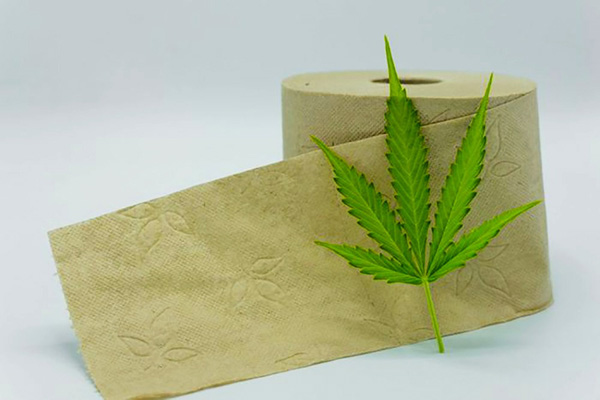
The production of paper is dirty for the environment. Some estimates suggest that the paper industry produces 220million pounds of toxic pollution and over three times the carbon emissions of aviation (about 10% of global emissions).
Hemp paper, on the other hand, is far better for the environment. It is naturally acid-free and does not turn yellow or brittle. Hemp paper can be bleached with hydrogen peroxide rather than chlorine. Forests do not need to be cleared so they can continue to store vast quantities of CO2. Hemp is like grass. It grows much faster than wood and can increase the yield per acre of land than slower-growing trees.
A few hundred years ago, the vast majority of paper was made from hemp. This was used for all kinds of things, bags, money, newspapers, maps, stock, and bonds.
Food
Marijuana has long been touted as a superfood, a little-known nutrient-rich wonder food like chia seeds, coconut oil, avocado, and pomegranates. Hemp seeds are packed with protein and contain perfect proportions of Omega fats 3, 6, and 9. Rich in magnesium, potassium and dietary fiber, cannabis seeds help treat eczema, asthma, heart disease, and high blood pressure. There is some evidence that cannabis seeds and oil can improve memory and fight depression.
Cannabis is one of the fastest-growing sustainable energy sources in the world. More than 30 countries allow farmers to grow industrial hemp.
Now the shackles of outdated federal policies have been removed, it's time for America to join the agricultural mainstream. Maybe hemp will once again be considered as American as apple pie.





